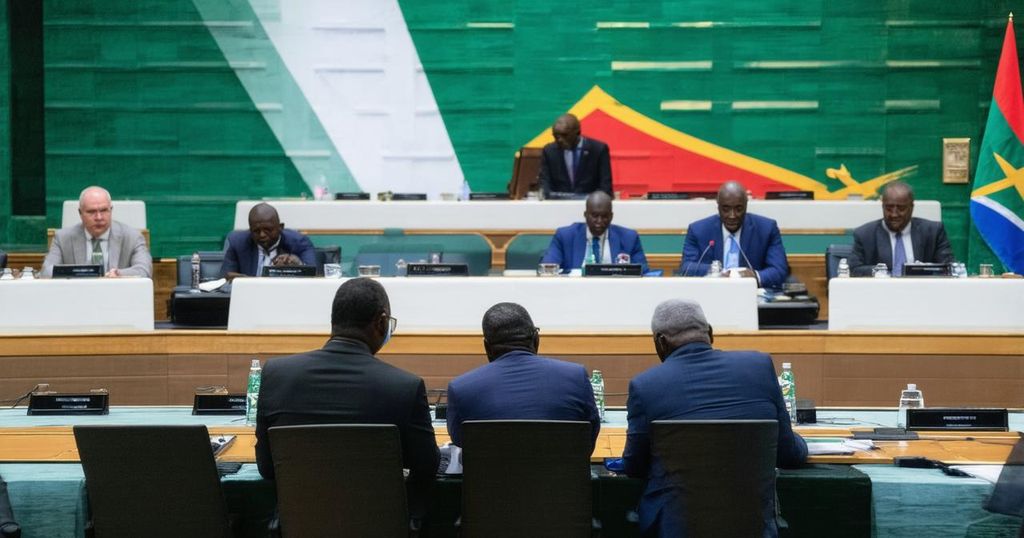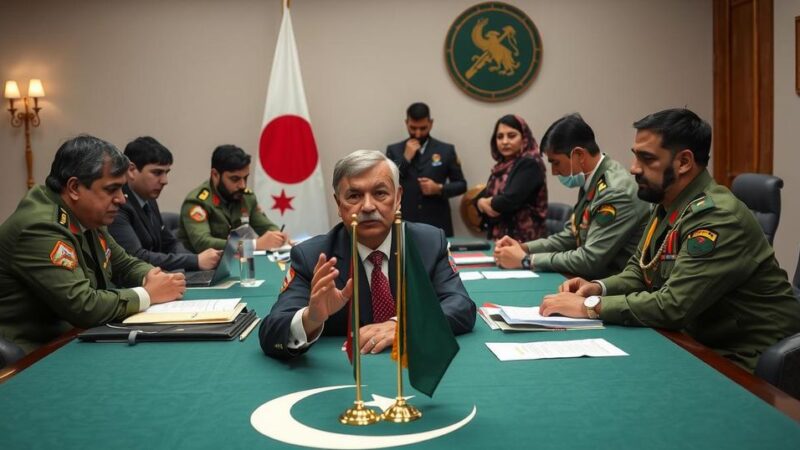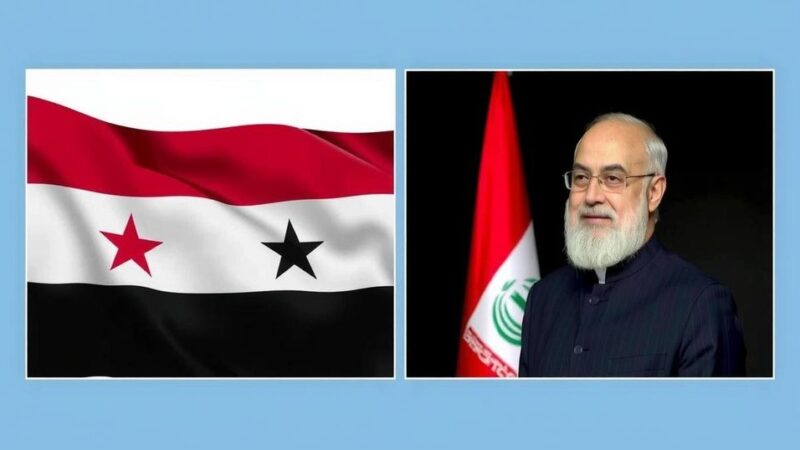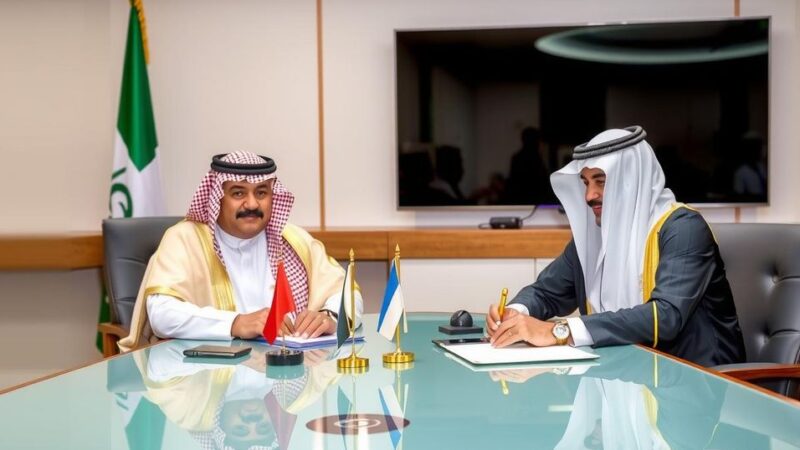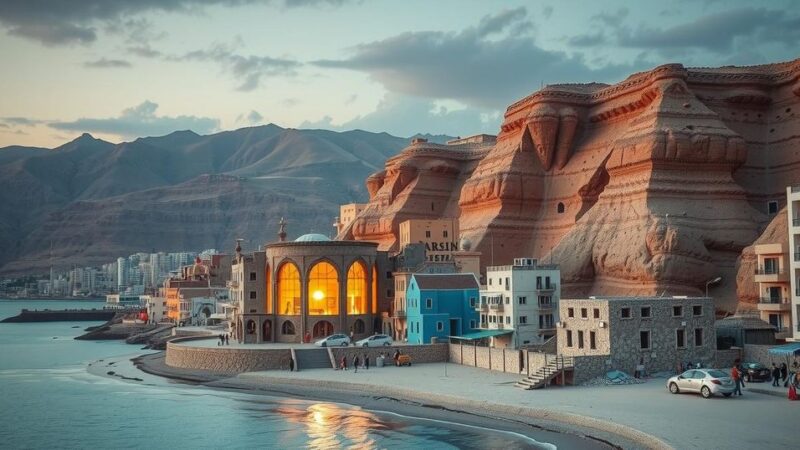The 16th BRICS summit in Kazan, Russia, commencing from October 22, has seen South Africa declare its opposition to Morocco’s potential membership due to concerns about influence dilution. This stance is rooted in historical tensions over the Western Sahara dispute. While South Africa remains firm, China appears open to collaborating with Morocco, indicating complex dynamics within the bloc amidst ongoing discussions about future expansions and membership interests from several nations.
The 16th BRICS summit commenced on October 22 in Kazan, Russia, with South Africa firmly opposing Morocco’s prospective membership in the bloc. This summit, set to conclude on October 24, brings together the leaders of Brazil, Russia, India, China, and South Africa to examine significant global issues, primarily the topic of BRICS expansion. According to Bloomberg, South African officials have communicated their strong disapproval of Morocco or Nigeria joining BRICS, expressing concerns about the potential dilution of South Africa’s influence within the organization. This sentiment was echoed by unnamed South African officials who spoke on the condition of anonymity due to the sensitive nature of the discussions. The historical tension between South Africa and Morocco notably stems from the Western Sahara dispute. In April of the previous year, South Africa successfully placed the issue of Western Sahara on the agenda of a BRICS meeting for deputy foreign ministers. Subsequently, tensions escalated in August when South Africa invited Brahim Ghali, the leader of the Polisario Front, to a “BRICS/Africa” meeting. This occurred after Morocco declined an invitation from South Africa to attend the event, citing a deterioration in diplomatic relations. Morocco contended that South Africa’s invitation was a unilateral decision and did not reflect the consensus of either BRICS or the African Union, additionally denying any intentions of applying for BRICS membership. Since its inception in 2009, the BRICS group has witnessed considerable expansion, recently incorporating Iran, the United Arab Emirates, Ethiopia, and Egypt as new members. This addition has enhanced the alliance’s economic strength, uniting major energy producers with significant consumers within the developing world. Notably, Saudi Arabia has also been announced as a prospective member, although a final decision on its membership remains pending. Despite the backdrop of international isolation stemming from the ongoing conflict in Ukraine, Russia, as the current BRICS chair, seeks to emphasize the summit’s significance and geopolitical standing, with Kremlin foreign policy aide Yuri Ushakov stating that this event will host 36 national delegations and six international organizations, marking it as the largest assembly of world leaders in Russia since the invasion of Ukraine in February 2022. In contrast to South Africa’s stance, China appears more open towards Morocco. In September, Morocco received an invitation to partake in the BRICS Forum 2024 on partnerships for the new industrial revolution in Xiamen, China, where the Moroccan Minister of Industry and Commerce, Ryad Mezzour, participated. China’s engagement with Morocco underscores the intricate dynamics within the BRICS alliance, where South Africa seeks to assert its regional dominance, while China is inclined to foster economic collaboration with the North African nation. As discussions continue at the summit, the future of BRICS and its potential for further expansion is expected to remain a central theme, especially with a growing number of countries, including Malaysia, Thailand, and Turkiye, expressing interest in joining the bloc. Balancing diverse geopolitical interests while promoting economic growth and cooperation continues to present a significant challenge for the alliance.
The BRICS bloc, composed of Brazil, Russia, India, China, and South Africa, was established to enhance economic cooperation among emerging economies. Expansion has become a critical topic, as the organization welcomes new members, thus increasing its global influence. However, internal disagreements, particularly among member nations regarding potential new entrants, have surfaced, notably regarding Morocco’s aspirations to join the alliance amidst ongoing tensions related to the Western Sahara conflict. The summits serve as a platform for addressing such issues while showcasing the geopolitical relevance of the bloc.
In summary, South Africa’s opposition to Morocco joining BRICS highlights the intricate interplay of regional tensions and aspirations within the bloc. While South Africa is committed to maintaining its influence and blocking Morocco’s entry, China shows a willingness to engage with Morocco on economic issues. The summit is pivotal as it discusses the future of BRICS amidst growing interest from various nations in joining, presenting both opportunities and challenges in balancing regional dynamics and fostering economic cooperation.
Original Source: www.moroccoworldnews.com

